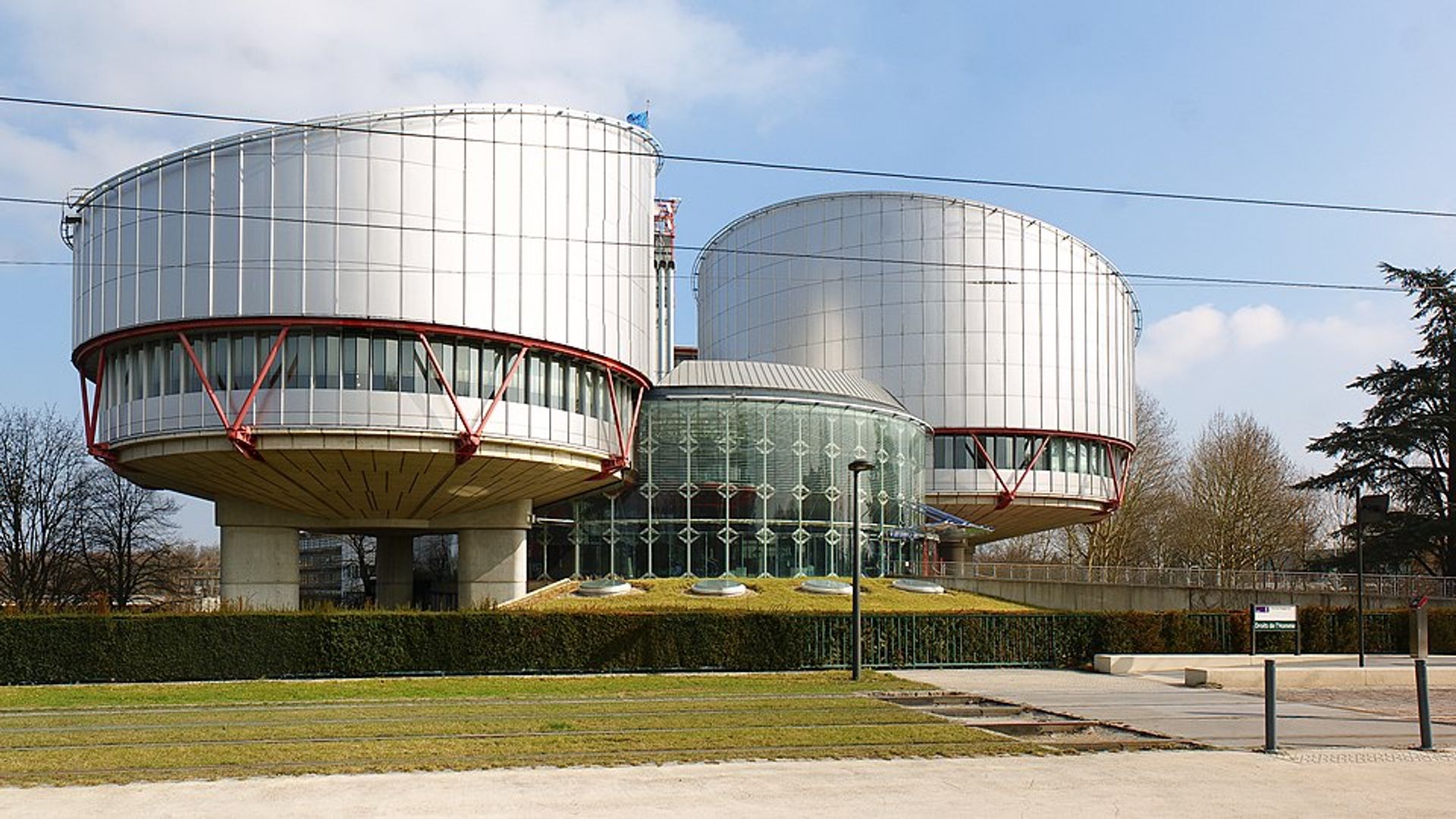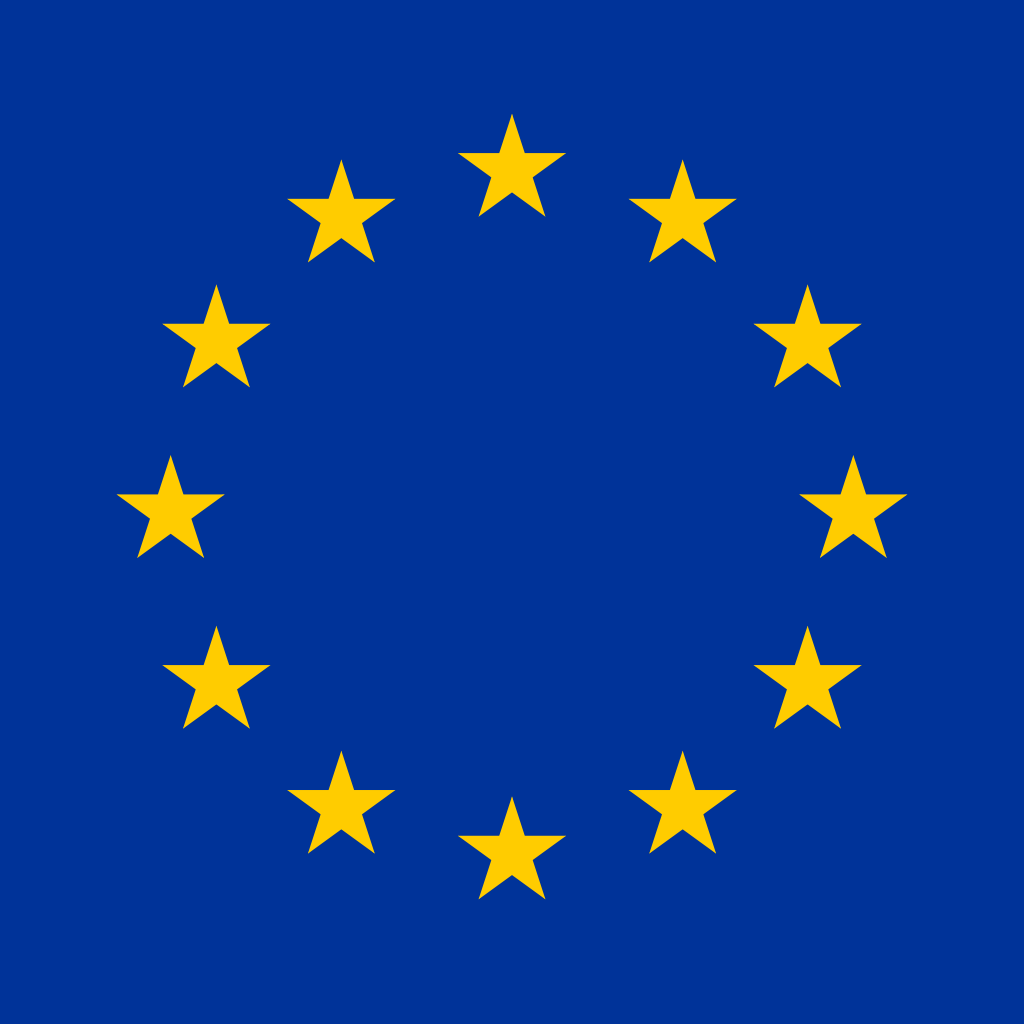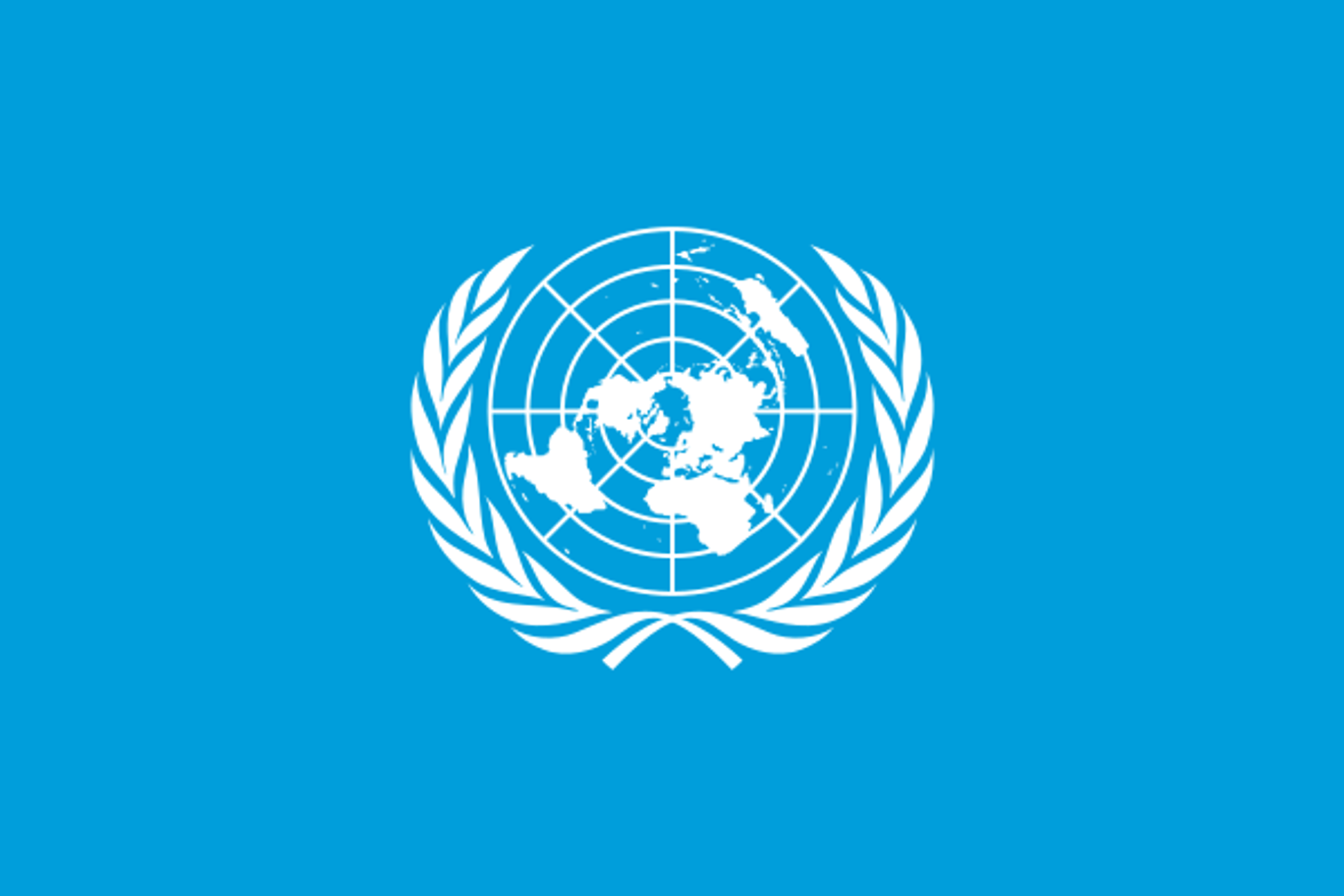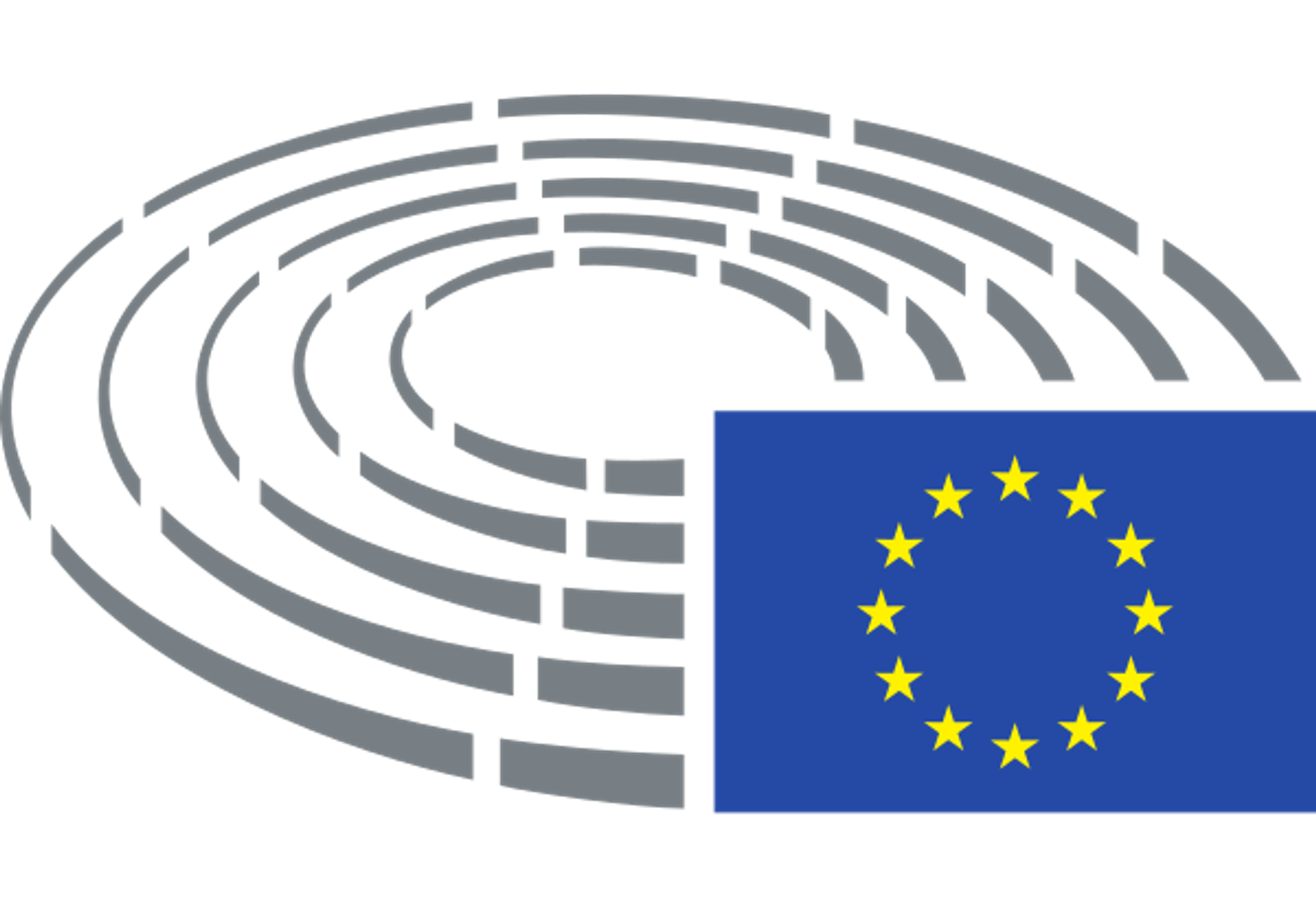
European Court of Human Rights
What do people say about European Court of Human Rights?
In the UK, the European Court of Human Rights (ECHR) is largely perceived as a controversial entity that undermines British law and sovereignty. Critics argue that its rulings can interfere with domestic matters, generating backlash from political leaders and the public alike. Proponents, however, emphasize the court's role in safeguarding human rights across Europe, though their voices are often drowned out by the dominant narrative of distrust. This polarized perception highlights a growing rift between UK citizens' expectations of autonomy and the ECHR's overarching influence.
Where are the conversations happening?
The analysis of sources reveals a clear divide in how the ECHR is perceived. Outlets such as the Daily Mail and the Sun tend to focus on negative portrayals, emphasizing stories that highlight the court's perceived overreach and negative impact on UK policy. In contrast, more balanced discussions are occasionally found in outlets like The Guardian or BBC News, which advocate for the importance of human rights protection. However, these perspectives struggle to gain traction in the face of more dominant critical narratives.
What are the topics trending around European Court of Human Rights?
Discussions around national sovereignty versus human rights protections are trending in the UK, with increasing debates over the relevance of the ECHR in British law.
Why are these topics trending?
These discussions are fueled by recent high-profile cases and political movements advocating for a re-evaluation of the UK's relationship with the ECHR, reflecting broader concerns about the balance of power between national governments and international judicial bodies.
How is European Court of Human Rights being talked about?
Detailed breakdown of public sentiment and conversations about this entity.
Impact vs Sentiment
See how each entity's high impact percentage relates to their positive sentiment percentage from actual mentions.





